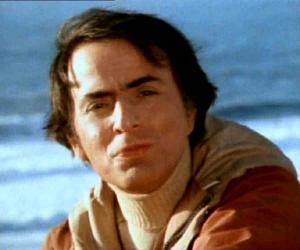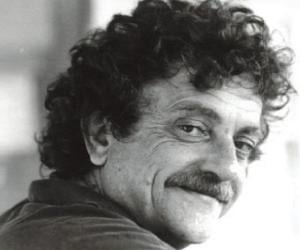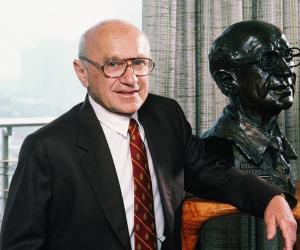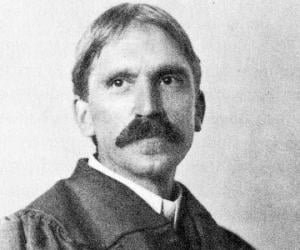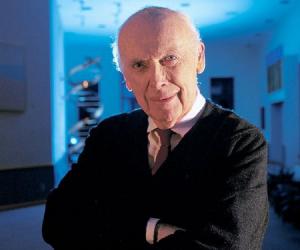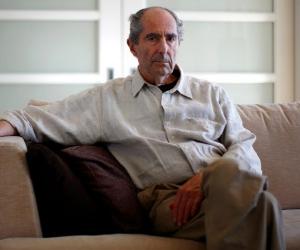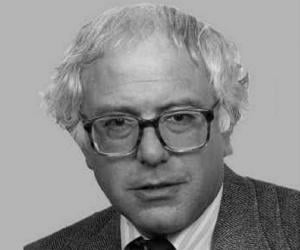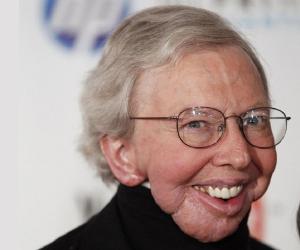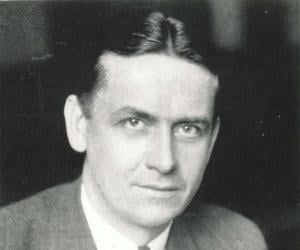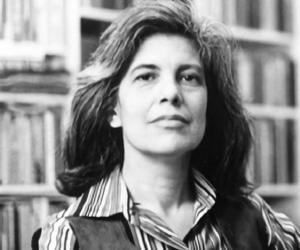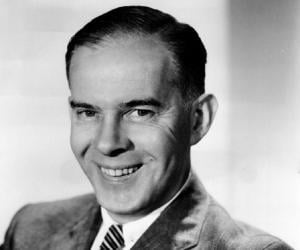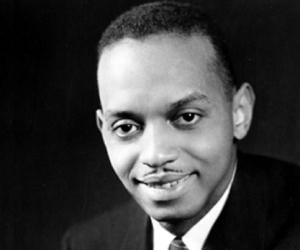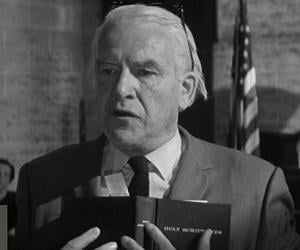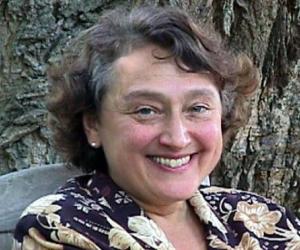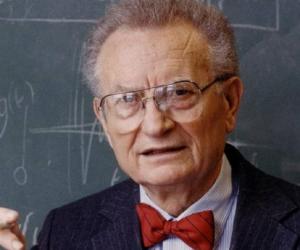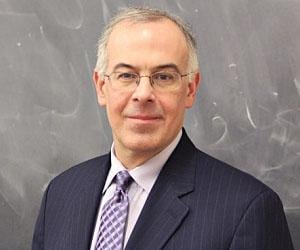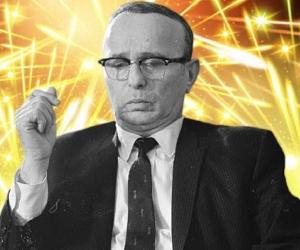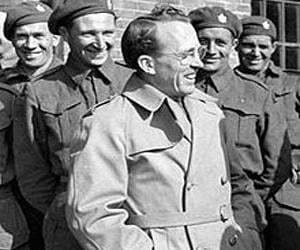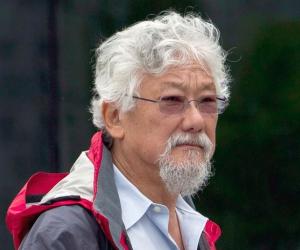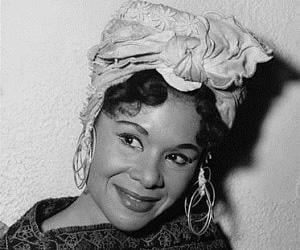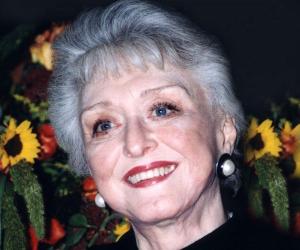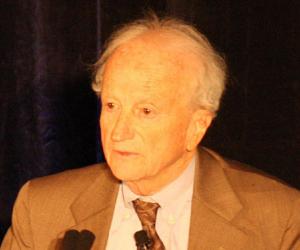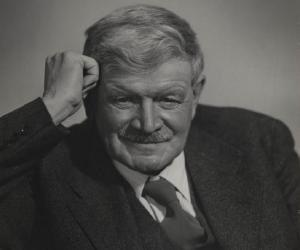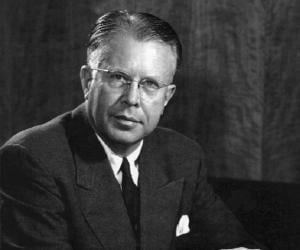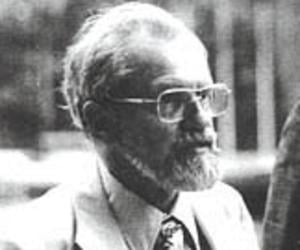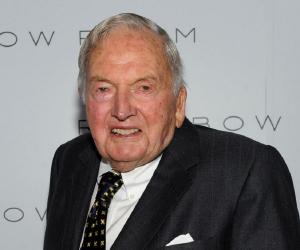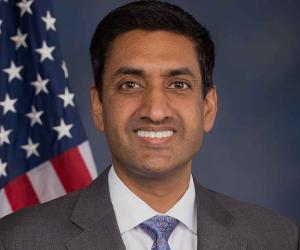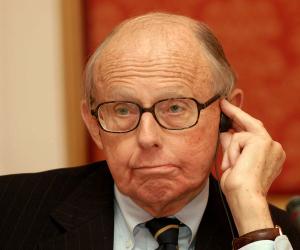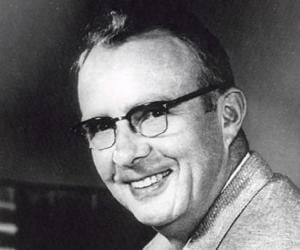Science-fiction author Kurt Vonnegut is best remembered for the novel Slaughterhouse-Five, which became a New York Times bestseller. The Hugo Award-winner had also fought against the Germans in World War II and expressed his anti-war and atheist views through his works, which also include short stories, plays, and autobiographical works.
One of the few personalities known for his disdain of self-promotion, Thomas Sowell is an important American social theorist and economist. Over the years, he has played a prominent role working as a faculty member of many prestigious universities, such as the University of California, Los Angeles (UCLA) and Cornell University.
Milton Friedman was an American economist. Widely regarded as one of the most influential economists of the 20th century, Friedman was honored with the Nobel Memorial Prize in Economic Sciences in 1976. One of the most influential personalities of the Chicago school of economics, Friedman mentored people like Gary Becker and Thomas Sowell who went on to become leading economists.
A staunch advocate of progressive education and liberalism, the American philosopher and psychologist was the founder of the University of Chicago Laboratory Schools. John Dewey’s famous writings included The Reflex Arc Concept in Psychology and Human Nature and Conduct. According to him, passion for knowledge and intellectual curiosity were central to a teacher. He called himself a democratic socialist.
James Watson is a geneticist, molecular biologist, and zoologist. He is credited with co-authoring the academic paper that propounded the double helix structure of nucleic acids such as DNA for which he was awarded the Nobel Prize in 1962. In 1977, he was honored with the Presidential Medal of Freedom. In 1997, he was awarded the National Medal of Science.
Philip Roth was a novelist and short-story writer best remembered for creating the fictional character Nathan Zuckerman, who featured in many of his novels. The recipient of the 1997 Pulitzer Prize, he also received the inaugural Franz Kafka Prize. Roth was one of the most awarded American writers of his generation. Born a Jew, he became an atheist later on.
Satya Nadella is an Indian-American business executive, currently serving as the chief executive officer of Microsoft. Since he became CEO, the company has seen a 27% annual growth rate. Born in India to a Telugu-speaking family, Nadella serves as an inspiration to millions of Indians who nurse 'The American Dream'.
The current junior US Senator from Vermont, Bernie Sanders is the longest-serving nonpartisan politician in the history of the United States Congress. Sanders is an ardent advocate of progressive policies and is well-known for his opposition to neoliberalism and economic inequality. He also supports paid parental leave, universal and single-payer healthcare, and labor rights.

Anna Chlumsky is an American actress best known for portraying Vada Sultenfuss in the 1991 coming-of-age comedy-drama film My Girl. Chlumsky, who started her career as a child artist, went on to establish herself as an actress in the film and TV industry. She contributed immensely to the success of the comedy television series Veep.
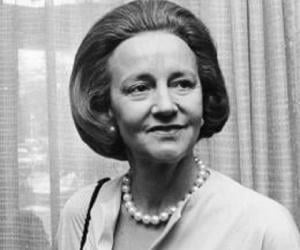
The daughter of American publisher and financier Eugene Meyer, Katharine Graham later carried forward her family’s newspaper, The Washington Post. While the newspaper was initially handed over to her husband, Philip Graham, by her father, she took over as the owner, following Philip’s suicide. She later penned a Pulitzer Prize-winning memoir.
Roger Ebert was an American journalist, author, screenwriter, film historian, and film critic. While working as a film critic for the daily newspaper Chicago Sun-Times, Roger Ebert received the Pulitzer Prize for Criticism, becoming the first film critic to be honored with the prestigious award. He was often described as America's most influential and prominent film critic of all time.
Harry Morgan was an American actor who appeared in over 100 films in a career that spanned six decades. Apart from contributing to the success of several films, Morgan also appeared in many TV series; for his performance in the series M*A*S*H, Morgan received an Emmy. In 2006, he was made an inductee of the Hall of Great Western Performers.
Don Shirley was an American jazz and classical pianist and composer. He is best remembered for his association with Cadence Records where he recorded many albums during the 1950s and 1960s. Apart from performing in numerous concert tours, Shirley also wrote organ symphonies and piano concerti. Shirley's friendship with his bodyguard Tony Lip was dramatized in the film Green Book.
Mike Nichols started as a comedian with the troupe The Compass Players and then performed as part of the Grammy-winning duo Nichols and May. Nichols then delivered Tony-winning directorial stage ventures such as Luv and Death of a Salesman and won the Academy Award for his direction in The Graduate.
Lynn Margulis was an evolutionary theorist, biologist, educator, and science author. She was a modern proponent of the significance of symbiosis in evolution. Along with British chemist James Lovelock, Margulis was the co-developer of the Gaia hypothesis. She was a strong critic of neo-Darwinism. In 2001, she was honored with the Golden Plate Award of the American Academy of Achievement.
David Brooks is a Canadian-born American conservative political commentator. Having worked with popular publications like The Washington Times, The Wall Street Journal, The Weekly Standard, and Newsweek, Brooks is currently contributing as a writer for The New York Times. Also an educator, David Brooks has taught at prestigious institutions like the Sanford School of Public Policy and Yale University.
Tommy Douglas was a Scottish Canadian politician. From 1944 to 1961, he served as premier of Saskatchewan. His cabinet was the first to introduce North America's first single-payer, universal health care program. His life and career inspired a TV miniseries titled Prairie Giant: The Tommy Douglas Story, in which Douglas was played by actor Michael Therriault.
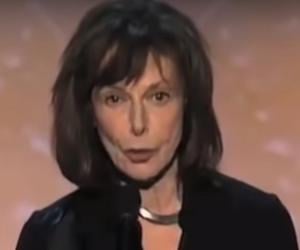
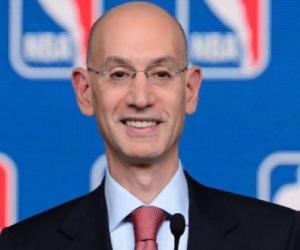
Dancer, choreographer, and social activist Katherine Dunham was also a qualified anthropologist. She experimented with various ritual dances, and her innovations included a ballet performance based on Caribbean dance. She also pioneered the Dunham Technique of dance pedagogy and used the pen-name Kaye Dunn to write several works.
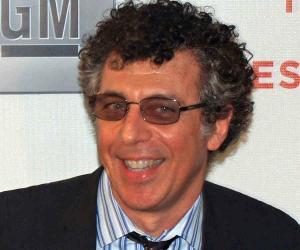
Eric Bogosian is an American actor, playwright, novelist, and historian. He is credited with writing plays like Talk Radio and SubUrbia, which were adapted into films. Over the course of his career, Bogosian has won several awards including three Obie Awards. He was honored at the 1989 Berlin Film Festival with the Silver Bear for his work on Talk Radio.

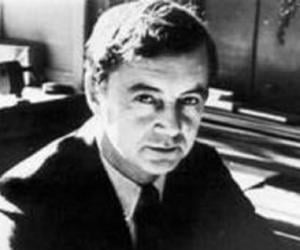
Canadian-American sociologist, social-psychologist and writer Erving Goffman, regarded as the most influential American sociologist of the 20th century by some, is best-known for his study of symbolic interaction and development of his dramaturgical analysis. His book The Presentation of Self in Everyday Life was the first that treated face-to-face interaction as a subject of sociological study.
When the American government, baffled by unexplained sightings of flying objects, assigned J. Allen Hynek the task of solving the mystery, Hynek was sceptical. However, he later became the first person to scientifically analyze such sightings. He also established the "Close Encounter" classification system to study UFOs.
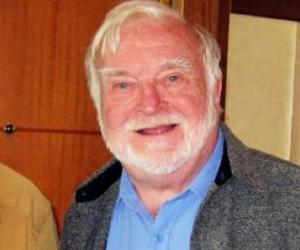

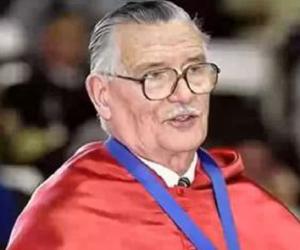
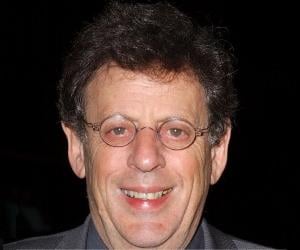
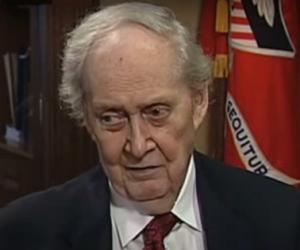
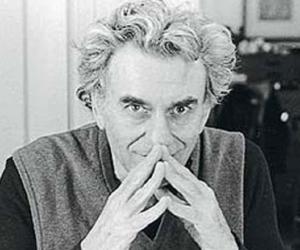
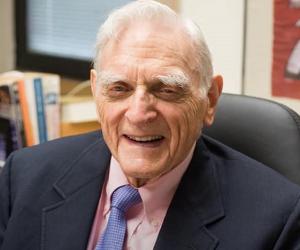
John B. Goodenough is an American solid-state physicist and materials scientist. He is credited with developing the lithium-ion battery. In 2019, he became the oldest person to receive a Nobel Prize when he was honored with the prestigious award for his work on lithium-ion batteries. He is also a recipient of the Copley Medal and the National Medal of Science.
Experimental physicist and Nobel laureate Luis Walter Alvarez is best remembered for inventing the liquid hydrogen bubble chamber, which enabled the discovery of countless short-lived resonance particles. The University of California, Berkeley professor and MIT scientist had also been part of the development of the atomic bomb.
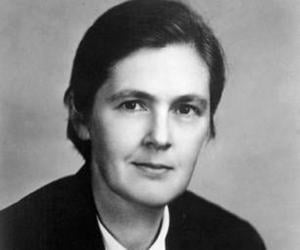
As part of the FDA, Frances Oldham Kelsey prevented thalidomide from being allowed in the US drug market as a painkiller, as she was unsure of its impact. Her concerns were proved right when the drug caused birth defects in European children. She was subsequently awarded by the US president.
